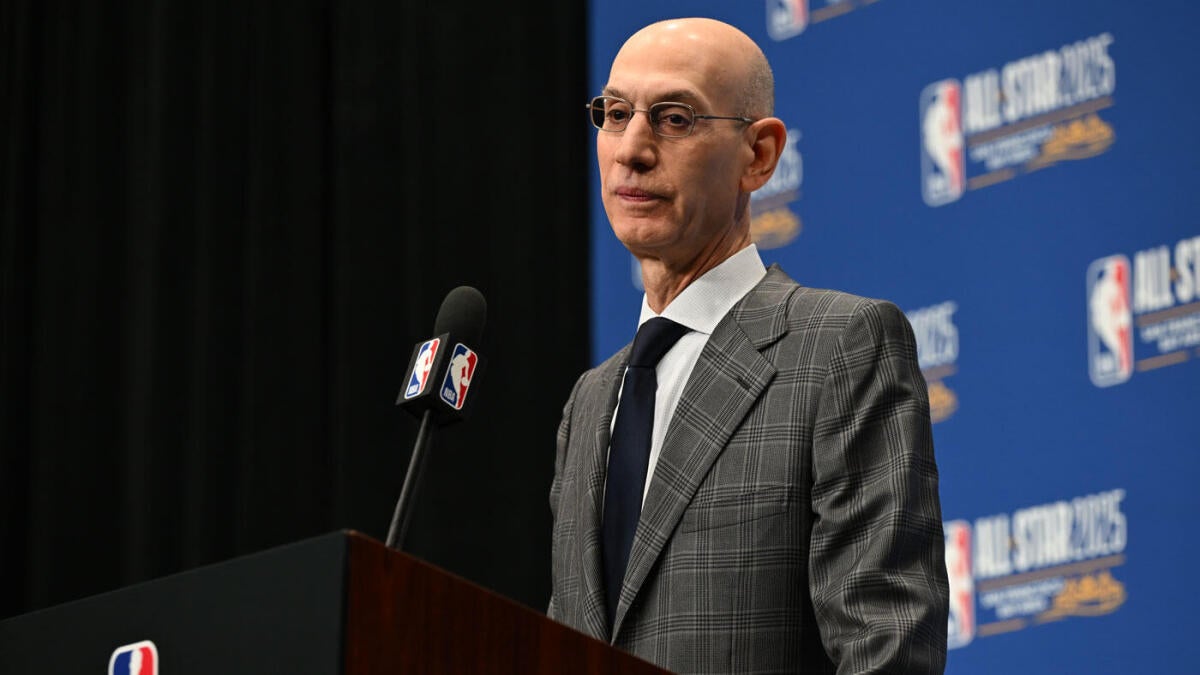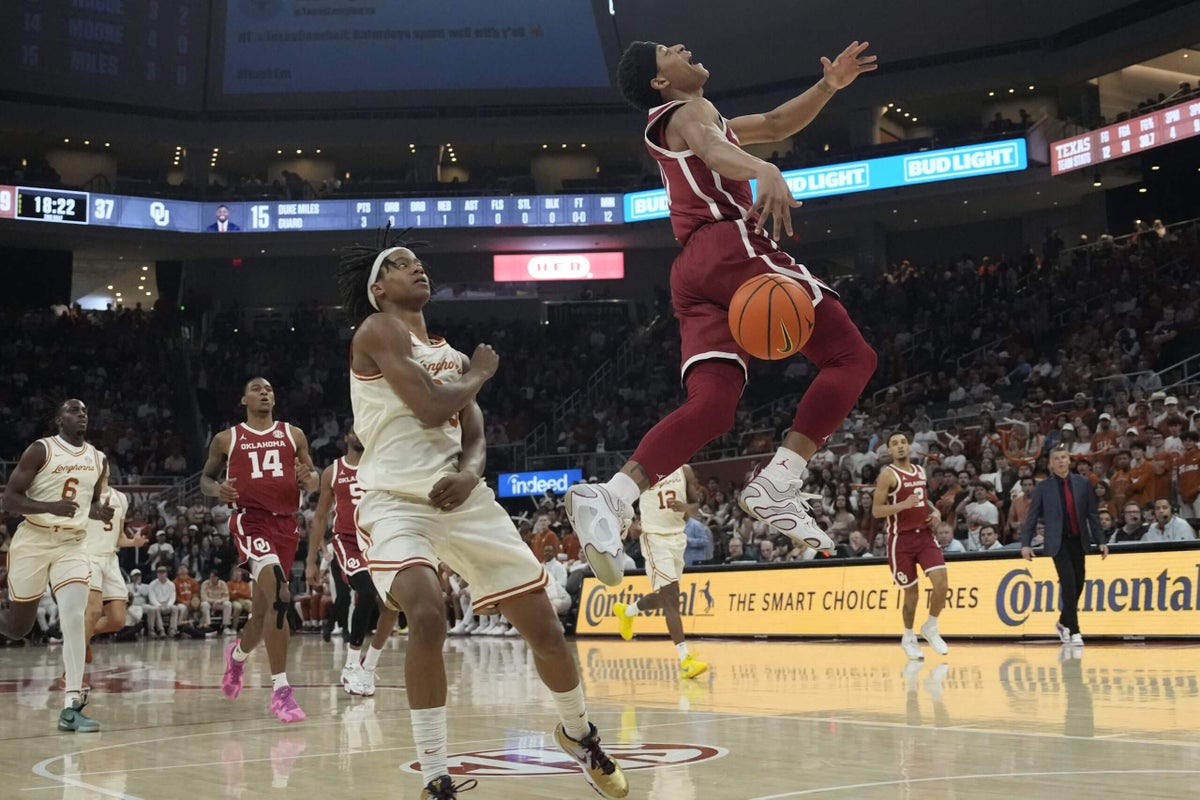
The 2025 NBA Draft is in a couple weeks, and the Dallas Mavericks will be on the clock first after winning a wild draft lottery that saw them jump 10 spots to land the No. 1 overall pick. Once it was revealed that the Mavericks would be landing the top pick, the immediate reaction from many was that there was something at play in order to get Cooper Flagg to a larger market team instead of one of the three teams — Hornets, Jazz and Wizards — that had the best odds of getting the first pick.
It’s also incredibly ironic that just three months after pulling off the controversial move to trade franchise star Luka Doncic to the Los Angeles Lakers, the Mavericks lucked into getting what could be another generational talent in Flagg. Fans and media members alike have said that the draft lottery is broken, as it doesn’t guarantee the worst teams in the league a chance to draft top talent, but NBA commissioner Adam Silver sees it differently.
“I think sometimes because it’s a lottery people think there must’ve been a one in a million chance that Dallas was going to win,” Silver said during an appearance on Breakfast Ball. “Remember, the worst performing team had a 14% chance of winning, which means there’s an 86% chance they wouldn’t get it. Dallas had roughly a 2% chance, so the losingest team had a seven times better chance. Two percent is two percent, it’s going to happen and when people say, ‘therefore the lottery is broken,’ I have a different view.”
Silver continued to explain why the Mavericks were a good example of the lottery working because they weren’t tanking.
“The purpose of the lottery is to disincentivize teams from tanking,” Silver said. “So here you had a team which was clearly trying — whatever people think of that [Luka Doncic] trade, they were trying to win. Then Kyrie [Irving] got injured, Anthony Davis got injured, and so they found themselves in the lottery. Odds are odds and that’s how it turned out.”
Yes, it’s fair to suggest the Mavericks are undeserving of the No. 1 pick after the handling of the Doncic trade. But since the league changed the lottery to a flattened odds system, it was never meant to be a surefire way for the worst teams to get the top talent. And like Silver said, the purpose of it is to disincentivize tanking.
What this year’s draft lottery showed us is that purposefully constructing a team to win the least amount of games possible in hopes of getting the No. 1 pick in the draft is not the way. The two teams currently in the NBA Finals never purposefully tanked to get there. The Thunder played an incredibly long game where they made savvy trades and drafted the right talent in the middle of the lottery and even in the second round. The highest draft pick they have on their team is Chet Holmgren, who was taken No. 2 overall, but OKC didn’t tank to land him. An injury to Shai Gilgeous-Alexander in the lead up to that draft is what got the Thunder a chance at getting that high of a pick. The Pacers even more so are a testament to not tanking. They similarly drafted well regardless of where they selected from, then made two homerun trades to acquire Tyrese Haliburton and Pascal Siakam.
It may feel unfair that teams like the Hornets, Wizards and Jazz who were the three worst teams in the league this season won’t get a major boost from the draft because none of them are picking within the top three. But intentionally tanking shouldn’t be rewarded either, and all three of those franchises learned that lesson this year.

